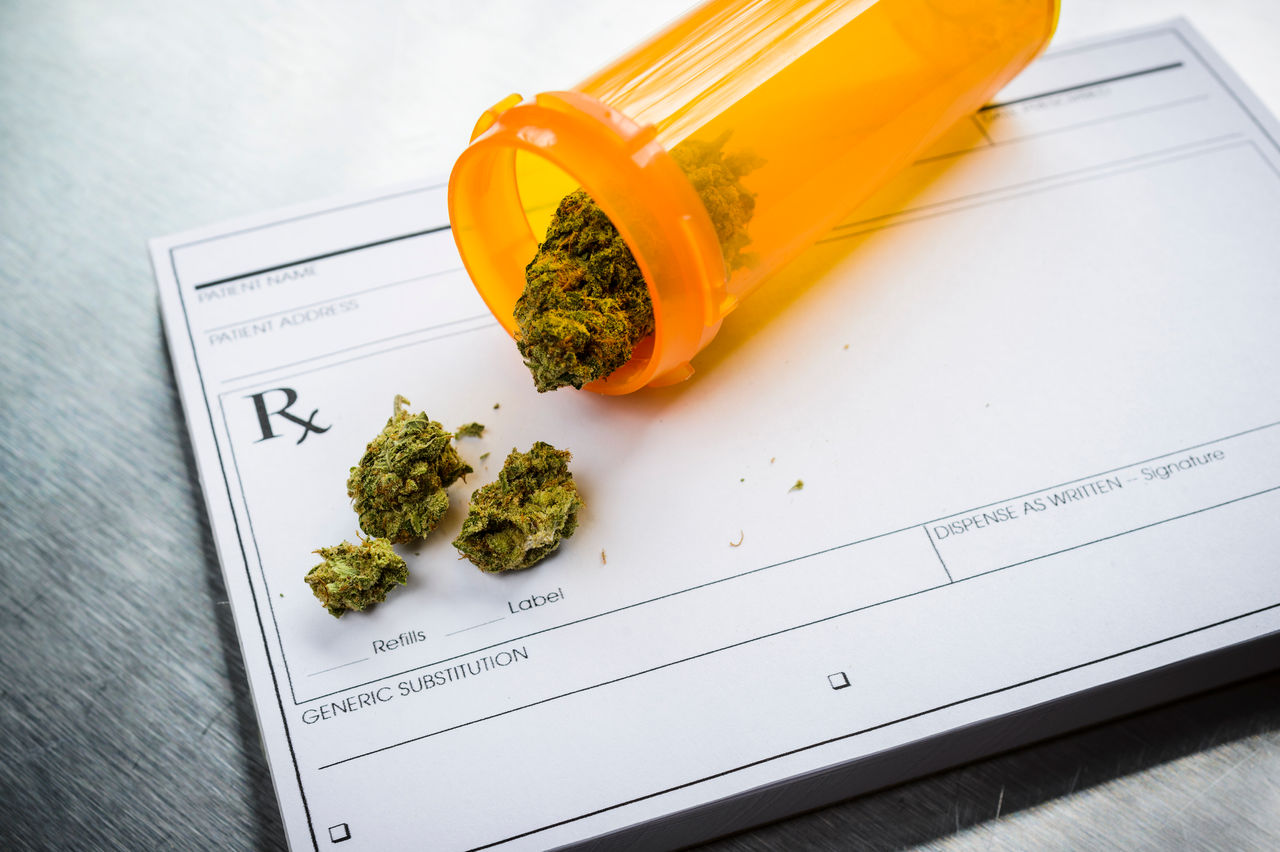Situate a Neighboring Medical Marijuana Dispensary for Top Quality Products
Situate a Neighboring Medical Marijuana Dispensary for Top Quality Products
Blog Article
Shedding Light on What Medical Marijuana Can Treat: an Extensive Evaluation of Its Therapeutic Features
In recent years, there has been an expanding passion in the restorative potential of clinical marijuana. While anecdotal proof abounds, an extensive evaluation of the clinical data regarding the efficiency of medical cannabis in dealing with these problems is warranted.
Persistent Discomfort Management
Persistent discomfort monitoring continues to be an essential element of clinical treatment, demanding a comprehensive approach for efficient treatment. In current years, clinical cannabis has emerged as a prospective healing option for individuals enduring from chronic pain problems. The endocannabinoid system, which plays an essential duty hurting modulation, has been targeted by cannabis-based therapies to boost and relieve signs quality of life for people.
Moreover, medical marijuana provides an appealing alternative for people who experience intolerable negative effects from standard pain drugs. Its capacity to deal with discomfort with a different device makes it a useful addition to the arsenal of therapies available for persistent pain monitoring.
Epilepsy Therapy Possible
Medical marijuana has revealed appealing possibility in the therapy of epilepsy, providing a novel therapeutic strategy for taking care of seizures in individuals. Epilepsy is a neurological condition defined by frequent seizures, impacting people of all ages. Traditional treatments for epilepsy consist of antiepileptic medications, but these drugs might not be efficient for all patients and can have substantial side impacts.
Research on making use of medical marijuana for epilepsy has disclosed motivating outcomes. Cannabidiol (CBD), a non-psychoactive substance discovered in marijuana, has been specifically highlighted for its anticonvulsant properties. Studies have revealed that CBD can decrease the frequency and intensity of seizures in patients with treatment-resistant types of epilepsy, such as Dravet syndrome and Lennox-Gastaut syndrome.
Moreover, the FDA has actually authorized a CBD-based drug, Epidiolex, for the therapy of seizures associated with these severe types of epilepsy. This turning point emphasizes the expanding acknowledgment of clinical marijuana as a valuable restorative choice for taking care of epilepsy and provides expect individuals that have not reacted well to traditional therapies.
Nausea Or Vomiting Alleviation Perks
The relief of nausea via using cannabis has been increasingly identified for its therapeutic benefits in different clinical problems. Nausea or vomiting and throwing up prevail signs and symptoms experienced by patients undergoing chemotherapy, those with food poisonings, and people with persistent discomfort problems. Medical cannabis, with its active substances such as THC and CBD, has actually revealed guarantee in providing remedy for nausea or vomiting.

Additionally, medical cannabis offers a natural choice for people who do not respond well to traditional anti-nausea medications or that experience extreme adverse effects from these medications. Clients going through chemotherapy, particularly, have actually reported considerable enhancements in their high quality of life when utilizing marijuana to take care of queasiness. As study in this area proceeds to grow, medical marijuana is progressively being considered as a beneficial option for nausea relief in different clinical settings.
Anxiousness Reduction Results
Researches have actually demonstrated the potential of marijuana in lowering anxiety symptoms via its communication with the endocannabinoid system. The endocannabinoid system plays a crucial duty in managing emotions, including anxiety, by keeping homeostasis in the body. Cannabinoids in marijuana, such as THC and CBD, communicate with the endocannabinoid receptors in the mind, particularly the CB1 and CB2 receptors, to regulate anxiety-related actions.

Clients with problems like generalized anxiousness condition (GAD), social anxiety problem, and trauma (PTSD) may gain from the anxiolytic residential properties of cannabis (Medical Cannabis Card). However, more research is needed to figure out optimum dosages, shipment approaches, and long-term results on anxiety administration.
Prospective for Swelling Control
With its recognized anti-inflammatory homes, marijuana has shown pledge in potentially managing swelling within the body. Swelling is the body's natural action to injury or infection, yet when it becomes chronic, it can add to numerous conditions such as arthritis, inflammatory bowel disease, and also heart condition. Study suggests that the cannabinoids discovered in cannabis, additional info such as THC and CBD, can aid minimize and regulate the immune feedback swelling.
Research studies have revealed that marijuana can communicate with the endocannabinoid system, which plays a vital function in regulating swelling. By targeting the cannabinoid receptors, cannabis compounds can regulate the immune action, causing a decrease in swelling degrees. This makes cannabis a potential prospect for taking care of inflammatory problems where standard treatments have fallen short.
Additionally, cannabis-derived products like CBD oil have acquired appeal for Discover More their anti-inflammatory residential properties, with several people utilizing them as an all-natural solution for conditions connected with inflammation. While even more research study is required to fully understand the systems behind marijuana's anti-inflammatory results, existing findings show promising outcomes for the prospective use clinical cannabis in managing inflammation.
Conclusion
In final thought, medical cannabis has revealed appealing healing buildings in handling persistent discomfort, treating epilepsy, alleviating nausea, reducing anxiousness, and controlling swelling. Its prospective benefits in numerous medical conditions highlight the importance of additional study and exploration into its medicinal use. The proof recommends that clinical cannabis can be an important option therapy option for clients looking for alleviation from a variety of signs and problems.
In recent years, clinical cannabis has emerged as a prospective restorative alternative for individuals experiencing from persistent discomfort conditions.Medical cannabis has actually revealed promising capacity in the treatment of epilepsy, using an unique healing strategy for managing seizures in clients. As research study in this area continues to grow, medical cannabis is significantly being considered as an important choice for queasiness alleviation in various medical settings.
In conclusion, clinical marijuana has revealed appealing therapeutic homes in taking care of chronic pain, treating epilepsy, soothing nausea or vomiting, reducing stress and anxiety, and managing swelling. The proof recommends that clinical cannabis can be a useful alternative treatment option for people looking for relief from a range of symptoms and problems.
Report this page